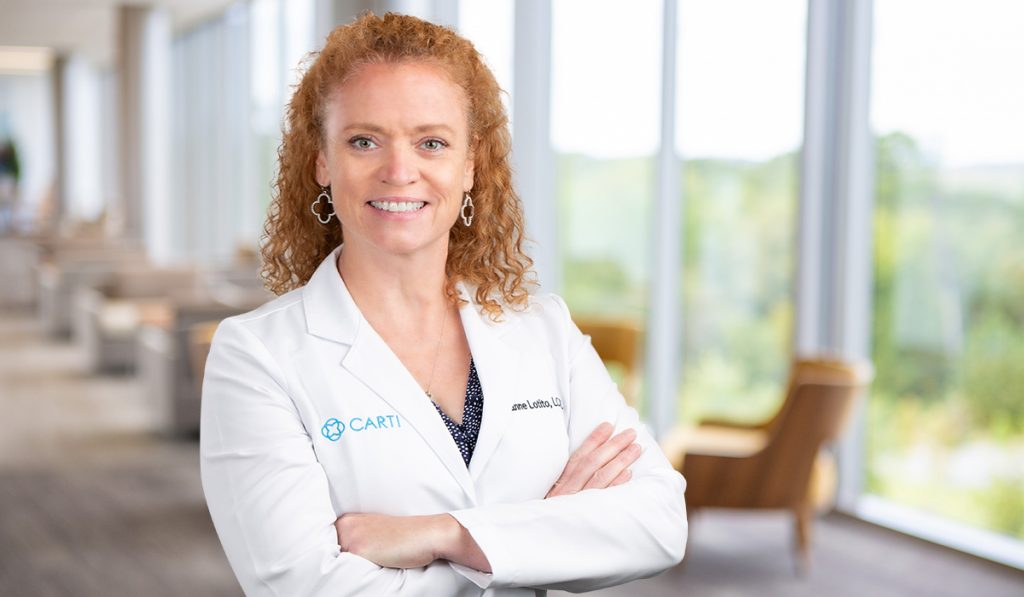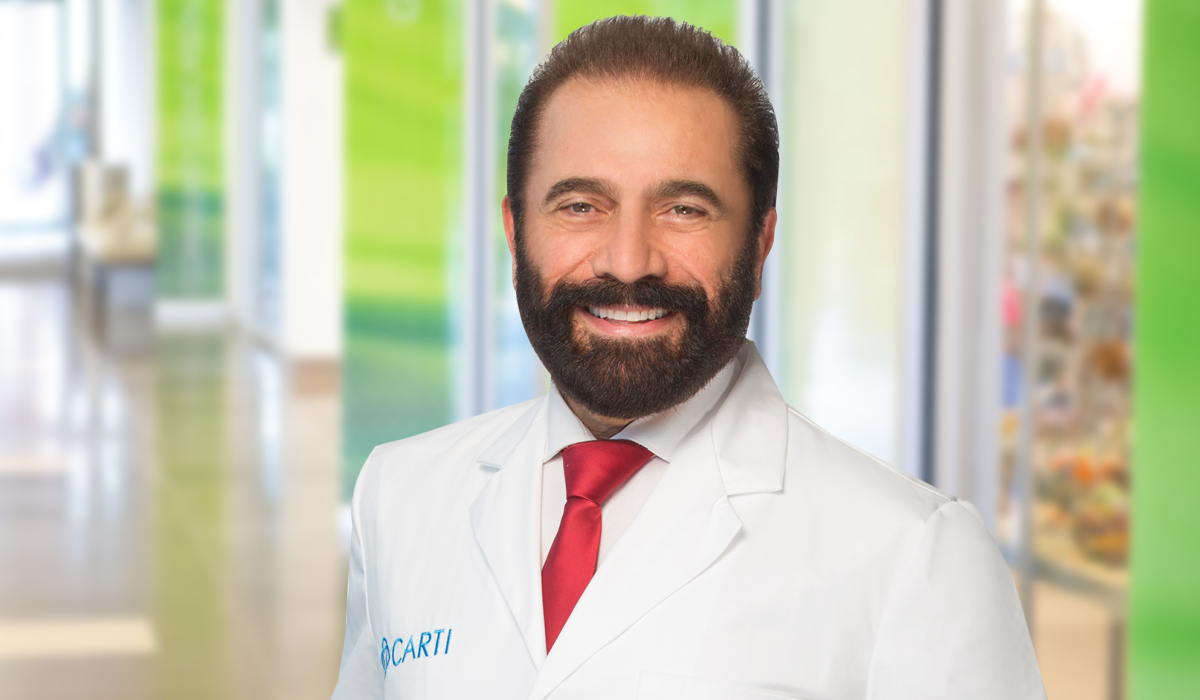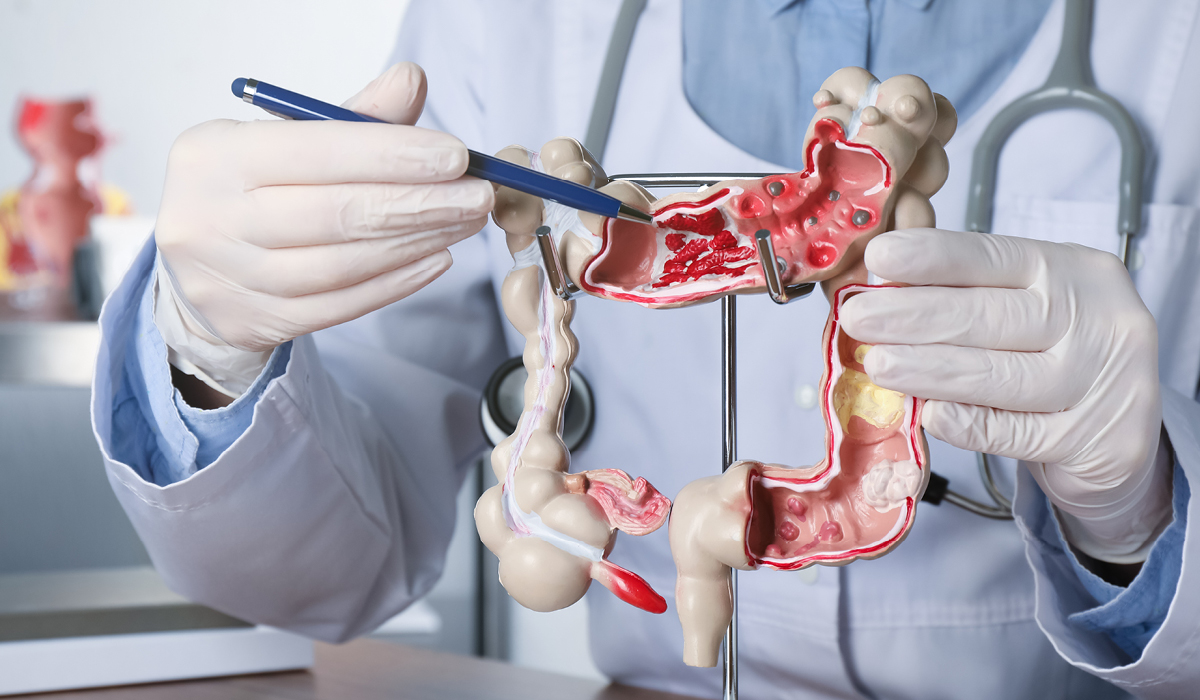Am I Genetically Predisposed to Cancer?
By Quinn and Marianne Lotito

Since the structure of DNA was discovered in the 1950s, many advancements in genetics have been made. We now know that DNA is sorted into genes that help our bodies develop and function correctly. Some genes also help our bodies prevent cancer. So how do you know if you are genetically predisposed to cancer?
Some people have a higher chance of developing cancer because of a specific change within their DNA that reduces their ability to prevent cancer. As an example, BRCA1 and BRCA2 are two of the most commonly known genes associated with cancer. If one of these genes does not work normally, there is a higher chance of developing breast, ovarian or other cancers.
While cancer can bring uncertainty and unknowns, genetic testing can uncover information about a patient’s cancer risk and help determine the best treatment options. This knowledge helps healthcare providers create a personalized management plan to either catch cancer early or reduce your risk of developing cancer.
If you are considering genetic testing, here are some factors the specialists look for at CARTI’s Cancer Genetics and Risk Management Clinic:
- Individuals with the following personal or family history in blood relatives should make an appointment:
- Breast, colon or endometrial cancer under 50 years of age
- Ovarian, pancreatic, metastatic prostate, or male breast cancer at any age
- Ashkenazi Jewish ancestry
- Three or more diagnoses of the same type of cancer on the same side of the family
- Two or more cases of melanoma in the family or melanoma under 35 years of age
- Rare cancers such as paragangliomas, pheochromocytomas, etc.
CARTI’s Cancer Genetics and Risk Management Clinic provides education and support to individuals who are considering genetic testing or those known to have an elevated risk of cancer. For these patients, our specialists help create a personalized plan to help you get in front of a possible cancer diagnosis.
To learn more about CARTI’s Cancer Genetics and Risk Management Clinic, and the process for being evaluated for being genetically predisposed to cancer, click here. To make an appointment, call 501.537.8650.



